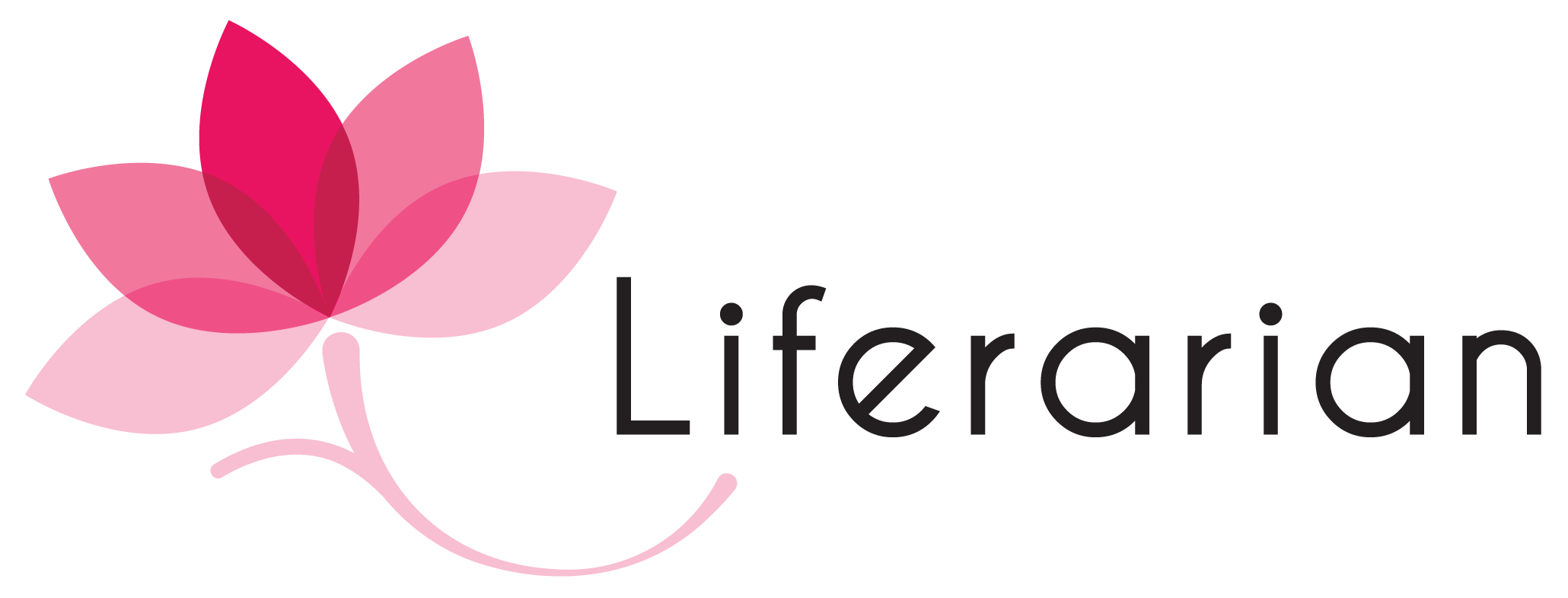My blog post is based on a chapter on Collaboration from Enhancing and Teaching and Learning by Jean Donham.
Teamwork has become the mantra of the teaching profession in our modern complex world. Different factors such as accountability for students’ achievements, differentiated learning, information explosion, diverse and varied instructional and information technologies have impacted teaching & learning. Teaching is no more a standalone profession, where the teacher is responsible for his/her classroom. Nor is the Librarian’s role a solitary domain.

Photo by mentatdgt from Pexels
School Librarian as Collaborator
A sound library is the backbone of the school system and in my opinion, the role of the librarian has evolved drastically, from being a caretaker of the library to a media specialist, information manager, and more. I believe the most crucial part for librarians is to adapt and move on to the role of a collaborator.
Library programme has always been a stand-alone program, however, in today’s time, the library is moving closer to the classroom, where the librarians and the teachers are stepping up to collaborate when delivering lessons, teaching skills and enhancing students’ learning experience.
Collaboration requires time and proper planning. Collaboration works well between teachers and librarians when it is based on a mutual goal and trust in each other’s expertise. Here are some of the ways a school librarian can collaborate:
- They can act as a coordinator to organise events related to the units.
- Librarians can learn about the curriculum needs of each department and make attempts to provide resources, both in print and digital formats.
- Librarians can be included in the collaborate planners and participate in grade level meetings.
- Together with the teachers, Librarians can build a robust collection to fill the needs of the curriculum.
- Librarians as reference assistance can collaborate with the teacher to find solutions to curriculum queries and support independent inquiries.
Collaboration between teachers and librarians can grow stronger with time and effort. Once the teacher is confident that the librarian can support her queries for, e.g. the teacher says, “I need a picture/book of the growth cycle of a caterpillar, the librarian can solve it providing resources at the appropriate grade level. For this to happen successfully, a librarian must know the collection.
Informal collaboration can be useful when teachers and librarians have a conversation about the unit, and during the library class, the librarian can reinforce skills, concepts or knowledge. Another example of informal planning is when the teacher shares her planning at lunch and the librarian injects idea and resources to support the curriculum unit. Again, gaining trust and developing expertise.
However, one must move from informal collaboration to a formal one. Formal collaboration is designed with clear communications, intentions and goals, allowing opportunities for librarians to understand the curriculum and support teacher and student needs.
– How long will the class be working on a unit?
– How will the resources be used? What reading level resources are needed?
– What particular area of the topic is the teacher going to drive the inquiry?
– What kind of engagements are the teachers working on?
– What is the concept that the librarians can support?
– What skills can the librarian teach during the unit?
Education is modelled on teamwork, the effectiveness and productivity of this only increase and positively impacts student performance. Collaboration is the key to a successful experience.
– Post by Kuntal Bhandare
Work cited
Donham, Jean, Enhancing teaching and learning, USA, DBS Imprints,2014, pp 123-126


It’s very useful and guiding write up. Thanks.
During the collaboration, librarian will get chance to explore the information world thoroughly. Librarians should develop the positive mindset among the teachers towards librarians ability, time management, knowledge and resources. However, mutual understanding between librarians and teachers, can lead to make a successful inquiry. Kudos to your reflecting article, Ms. Kuntal!
Excellent article on collaboration. Essential questions which are actually necessary kick-offs for integration and
collaboration. Ms. Kuntal has given practical examples. Appreciate her thought on progressing from informal to formal collaboration.